Recently on holiday I did a very bad thing. I nearly left the Fawn to die on a precipitous mountain path in the Canary Islands because she was having a terrible attack of vertigo that was threatening to spoil my fun.
No, worse: it actually did spoil my fun. Now that I’m old and boring I desperately need little jabs of adrenaline to remind me I’m still alive, and this particular route was doing the job quite nicely. Although it’s actually so undangerous that even my eightysomething dad can do it, it’s reasonably steep, it’s gobsmackingly picturesque, and it does now and then give you at least the illusion of a thrill because if you were to slip over the precipitous edge you’d definitely, definitely die.
My point was: ‘But you won’t die because the path’s broad and you won’t fall off.’ And the Fawn’s point — the vertigo sufferer’s point — was: ‘But I might. Don’t you see? I might and that’s why I can’t go on!!!’ So we had to go back and I couldn’t forgive her. There can be no meeting of minds between two people with such wildly differing attitudes to physical danger.
It all came back to me just now watching Life of a Mountain (BBC4), Terry Abraham’s documentary (the second of a planned trilogy) about hills in the Lake District, this one being about Blencathra. If you’re into hill-walking or beautiful landscapes hauntingly shot over the period of a year with a haunting background track of plaintive folk music, you’ll love it, as I did. Otherwise don’t bother; you’ll be bored.
What really tickled me was Sharp Edge, the spiny-ridge route up Blencathra which, having seen broadcaster Stuart Maconie and comedian Ed Byrne struggling up it on the programme, I’m now itching to try because it looks properly scary. I did a similarly jagged route up Helvellyn once called Striding Edge, mostly in fog. My favourite bits were those moments when the mist cleared and you could see just how far you’d fall, screaming, before you hit the rocks hundreds of feet below.
Why am I drawn to these stupid things? An old friend of mine, the late Mickie O’Brien — who won an immediate MC with the commandos at Normandy for coolly rescuing his patrol from a minefield — told me that he never felt fear throughout his very adventurous war because he had ‘no imagination’. But I do have an imagination — far too overactive a one — so it can’t be that, I don’t think.
What I’m blessed with, though — or cursed, as the Fawn would prefer to think of it — is a delayed overactive imagination. So, for example, in the many years since I swam across a section of the Congo that I knew to be infested with crocodiles, I have died a thousand toothy deaths in my thoughts and nightmares as the huge croc drowned me, then lodged me under his rock larder. But at the time I just thought: ‘Ooh err! This is a bit tasty!’ Same with fox-hunting. Same with that thing I did in Zimbabwe the other day where I gorge-jumped above the Vic Falls and for the first 200 feet just free-fell into the void.
‘A coward dies a thousand times before his death.’ Yep, that’s definitely me. That’s why I couldn’t agree with what another of my late 47 RM Commando friends once told me: ‘You’d have been just the same as we were.’ No, I think a special streak of lunacy was required for the commandos and, even more so, for the nascent SAS — as we’ve been learning from Ben Macintyre’s SAS: Rogue Warriors (BBC2, Mondays), which uses previously unpublished war diaries and some very rare interviews done in 1987 (including one with founder David Stirling) to explore the early days of the regiment.
One of them, their second-in-command Paddy Mayne, was clearly a psychopath, once killing 30 German Luftwaffe crew in cold blood and obviously not minding too much. The rest, though, were just misfits who hated spit and polish, liked getting drunk, singing songs and blowing things up, and definitely didn’t dwell on mortality — something they considered deeply infra dig.
‘To turn round and say, “I’m going to get the chop,” you’ll sure as hell get the chop,’ one explained. ‘You’re wishing it upon yourself.’ Well, he survived the war so the technique works, clearly.
Got something to add? Join the discussion and comment below.
Get 10 issues for just $10
Subscribe to The Spectator Australia today for the next 10 magazine issues, plus full online access, for just $10.


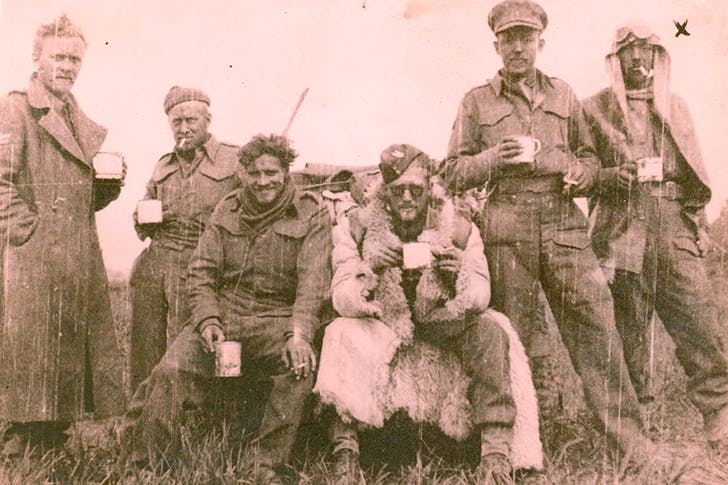

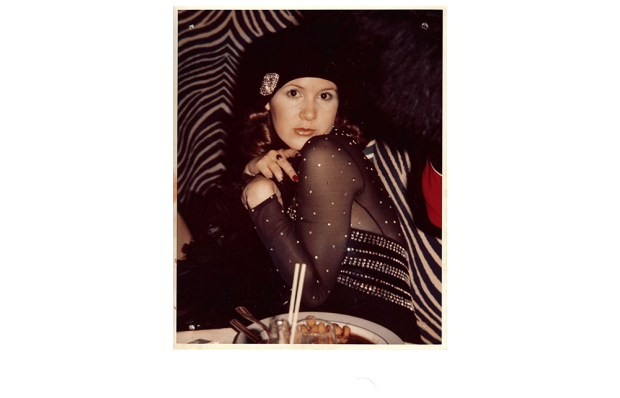

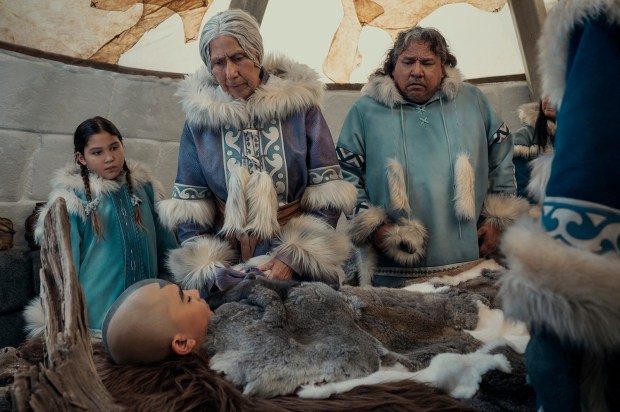
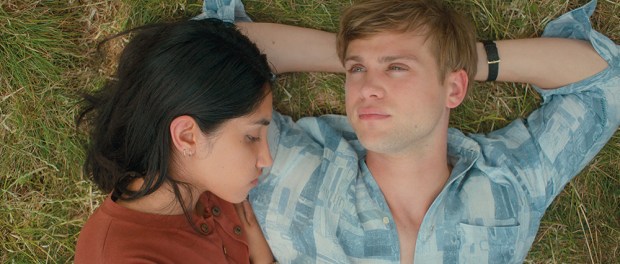
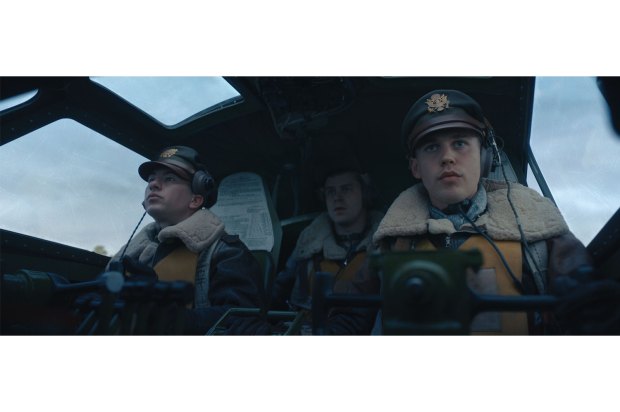






Comments
Don't miss out
Join the conversation with other Spectator Australia readers. Subscribe to leave a comment.
SUBSCRIBEAlready a subscriber? Log in